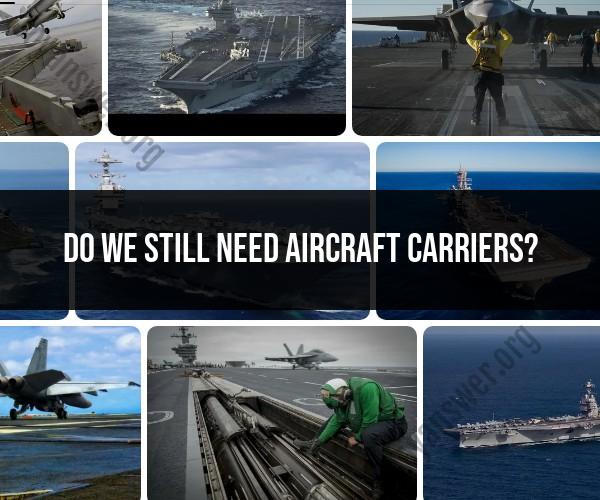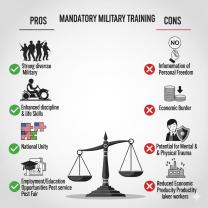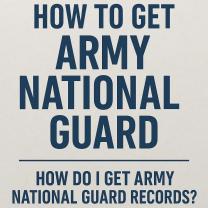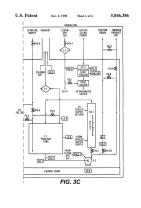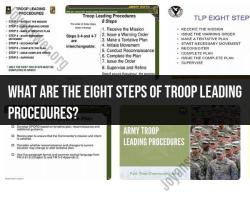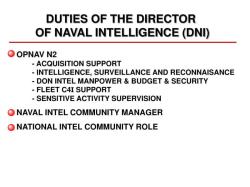Do we still need aircraft carriers?
The continued relevance of aircraft carriers is a subject of ongoing debate in military and defense circles. While some argue that aircraft carriers remain crucial assets in modern naval warfare, others question their necessity in an era of evolving threats and changing technologies. Here are some key points on the role and relevance of aircraft carriers:
Arguments for the Continued Relevance of Aircraft Carriers:
Power Projection: Aircraft carriers provide a unique power projection capability. They can deploy air assets, including fighter jets, reconnaissance planes, and strike aircraft, to virtually any region of the world, enabling rapid response to crises and projecting military influence.
Versatility: Carriers can fulfill a variety of roles, from air defense and sea control to strike missions and humanitarian assistance. They offer flexibility and adaptability to respond to a wide range of security challenges.
Deterrence: The presence of aircraft carriers can serve as a deterrent to potential adversaries. Their ability to project air power and strike capabilities provides a powerful signal of a nation's military commitment and readiness.
Air Superiority: Aircraft carriers play a critical role in establishing and maintaining air superiority in a conflict. Their fighter aircraft can engage enemy aircraft and protect other naval assets.
Crisis Response: Carriers are well-suited for responding to humanitarian crises and disaster relief efforts. Their aircraft can provide reconnaissance, medical support, and logistics assistance in disaster-stricken areas.
Arguments Questioning the Continued Relevance of Aircraft Carriers:
Anti-Access/Area Denial (A2/AD) Threats: Advancements in anti-ship missiles and submarine technology have raised concerns about the vulnerability of carriers in contested environments. Adversaries may use A2/AD strategies to target and neutralize carriers.
Cost and Investment: Aircraft carriers are among the most expensive assets in a nation's military inventory. Critics argue that the funds allocated to carriers could be used more effectively in other areas of national defense.
Emerging Technologies: The development of long-range precision-guided missiles and unmanned systems could alter the dynamics of naval warfare. Some argue that carriers may face increased risks from these emerging technologies.
Changing Geopolitical Dynamics: The nature of security threats is evolving, with increasing focus on asymmetric warfare, cyber threats, and homeland security. Carriers may not be well-suited to address these emerging challenges.
In conclusion, the role and relevance of aircraft carriers depend on a nation's strategic objectives, its assessment of potential threats, and its overall defense posture. While aircraft carriers continue to play a significant role in many naval operations, their utility and vulnerability in an evolving security landscape are subjects of ongoing discussion and adaptation in military planning and investment decisions. The continued relevance of aircraft carriers will depend on their ability to adapt to emerging threats and technologies while meeting the strategic objectives of the nation employing them.
The Role of Aircraft Carriers Today: Navigating Their Continued Relevance
Aircraft carriers continue to play a vital role in US naval strategy today. They are the most powerful warships in the world, and they can project power and influence anywhere in the globe.
Aircraft carriers are used for a variety of missions, including:
- Power projection: Aircraft carriers can project US power and influence anywhere in the globe. They can be used to deter aggression, respond to crises, and support combat operations.
- Sea control: Aircraft carriers can help the US Navy to control the seas. They can be used to defeat enemy forces at sea and to protect US shipping and maritime interests.
- Strike operations: Aircraft carriers can launch airstrikes against enemy targets on land or at sea. They can be used to destroy enemy forces, infrastructure, and weapons systems.
- Intelligence, surveillance, and reconnaissance (ISR): Aircraft carriers can be used to collect intelligence and surveillance data on enemy forces and activities. They can also be used to conduct reconnaissance missions to identify potential threats.
Modern Naval Strategy: Evaluating the Need for Aircraft Carriers
Some experts argue that aircraft carriers are no longer necessary in modern naval warfare. They point to the development of new technologies, such as anti-ship missiles and hypersonic weapons, which could pose a serious threat to aircraft carriers.
However, other experts argue that aircraft carriers are still essential to US naval strategy. They point to the fact that aircraft carriers are mobile, flexible, and powerful platforms. They are also able to operate in all weather conditions and in all parts of the world.
The Future of Naval Power: The Debate Surrounding Aircraft Carriers
The debate over the future of aircraft carriers is likely to continue for many years to come. However, there is no doubt that aircraft carriers continue to play a vital role in US naval strategy today. They are the most powerful warships in the world, and they can project power and influence anywhere in the globe.
The US Navy is investing in new technologies to make its aircraft carriers more survivable in the face of emerging threats. For example, the Navy is developing new anti-missile systems and new ways to camouflage its aircraft carriers.
The Navy is also developing new concepts of operation that will allow its aircraft carriers to operate more effectively in contested environments. For example, the Navy is developing the concept of distributed lethality, which would spread out US forces across a wider area to make them more difficult to target.
Overall, the role of aircraft carriers in the future of naval power is likely to evolve. However, it is clear that aircraft carriers will continue to be an important part of the US Navy for many years to come.
